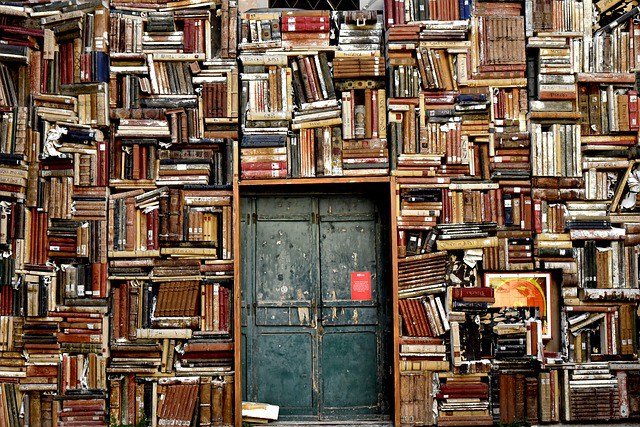Working with books: how to earn money by reading, 4 ideal professions
There is no better hope, professionally speaking, of what prefigures the possibility of making one's profession coincide with a strong passion. In other words, motor-lovers hope to become established runners and lovers of good food, to find their place in the pantheon of star chefs. Putting the heart into what you do can lead to unthinkable results and pave the way for huge rewards. Those who love to travel can explore the idea of testing themselves as tour operators and those who have always frequented the staves, commit themselves to becoming an accredited musician. But even those who love reading can dream more or less big because, in spite of what many people think, working with books can make you earn too.

4 professions for those who love reading
By setting aside the writer's profession (which requires a true talent) and the publisher's profession (which requires a strong economic investment), let's focus on 4 professions within the reach of all reading enthusiasts. That they can concretely strive to convert their passion into an interesting source of income.
#1. Blogger: Opening and managing a blog about books can be a winning idea. But beware, there is a lot of competition and the risk of nodding in the great sea of online offerings. To stand out and emerge from the pile, you need to have sufficiently clear ideas and target a specific market share. There are plenty of possibilities: you could think of specializing in reporting the best-sellers of the moment or draw up your very own personal ranking of the best "yellow" ever. Tell yourselves about an essay on political economics or dispense advice to inexperienced readers. A nice idea could also be to open a blog specialized in "slurry". Working with books means starting from a careful study of the texts and shaping their content to one's own inclinations. Committing to provide a service that can be useful to both readers and writers. That - especially if emerging - they need so much publicity.
#2. Editor/Auditor: Do you know the saying; Don't let all donuts come out with the hole. It also applies to books. Transferring a story on paper is a titanic feat, which involves an enormous amount of energy. After writing a book, the author feels emptied and feels the need to detach himself from it. It is here that the editor comes into play, who reads everything and makes the necessary corrections. The reviewer's task is not a simple one. It is not just about intervening on possible grammatical errors or putting the punctuation in place; very often, it is necessary to review the lexical level, identifying the most effective and meaningful words, without distorting the structure of history. The editor must work in chisel and in complete harmony with the author, making every effort to ensure that the revised text is "readable" and compelling.
#3. Bookseller: It is probably the first job you think of when you talk about the possibility of working with books. All true readers have dreamed, at least once in their life, of raising the shutter of their private library. Fantastic about the possibility of advising clients on the most suitable text for them or organizing meetings and debates with the authors they love most. It is not a small project. In addition to the initial investment (which should not be overlooked, however), it is necessary to have a strong entrepreneurial sense because the big publishing chains and new online circuits threaten to make "burnt land". If you are considering the possibility of opening your own bookshop, please do it well: the advice is to plan the start of a "craft" activity, based on the offer of books that is not easy to find elsewhere. Only by carving out your niche market, you can hope to survive and be credited to an audience of connoisseurs.
#4. Librarian: The passion for books can leads you to become a "library mouse" This could seem unattractive, but the idea of working in a library is, on balance, how much more responsive one can imagine to the profile of the "doc" reader. Imagine, in fact, spending your days classifying and cataloging books of all kinds and providing clear and timely information to the various visitors. Is the idea impressing you? Well, all you have to do is keep you up to date on the various public competitions organized by the institutions that run the libraries, prepare you and cross your fingers. The librarians of the new millennium need to be not only familiar with traditional books, but also with multimedia media and materials. Like all professions, the librarian's has innovated and ended up meeting the demands of an increasingly demanding and technologically advanced user.